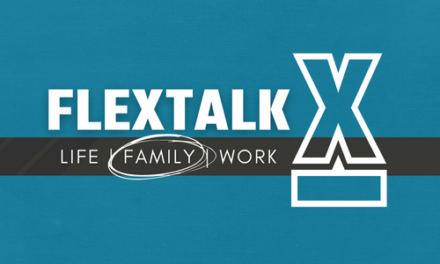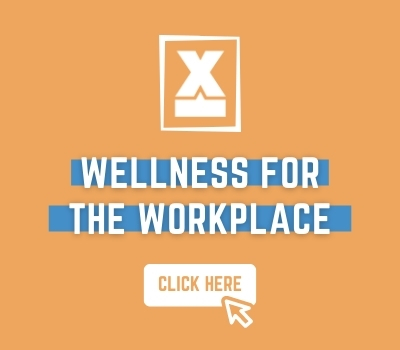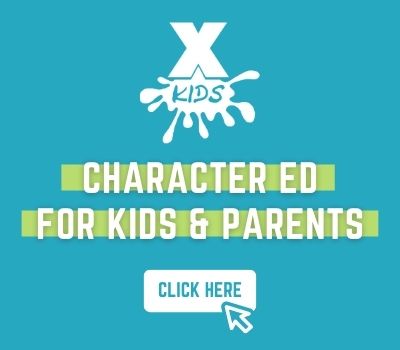Death is complicated for adults so imagine the confusion it creates for kids. Learn how to talk, in an age appropriate way, with your kids about death and loss.
Talking Points:
- In Early Childhood ages 3 to 6, they typically see death as reversible. Reflecting their feelings and using concrete language when talking to them can help avoid confusion about where a loved one has gone and helps a child create a more clear understanding of death.
- In Middle Childhood ages 6 to 9, they are beginning to understand the permanence of death. Children may start asking more questions during this time so it’s important to give clear, consistent, and honest answers. You can use examples in nature to help them understand.
- In Late Childhood ages 9 to 13, they understand that death is permanent but can start to worry about the consequences and impact of death on those around the person who has died. You can offer them reassurance that not only are you listening and aware of their concerns, but that there are plans in place if other tragedies do occur.
- In Adolescence ages 13 to 18, they can not only feel the immediate pain of loss but can see the impact the death will have on future events in their lives. Getting them in touch with peers who have experienced similar loss can help them cope with these feelings.
Discussion:
- Initial reactions to this topic? What jumped out at you?
- What experience have you had with death in your life so far? Did you feel equipped to deal with the process of death and grieving during those times? Explain.
- What would have been helpful to you in dealing with past grief? How can you incorporate those things in walking with your kids or friends who experience death and loss?
- What are some examples of things in our culture that could confuse a child’s idea of the permanence of death?
- Do you have a plan in place for your kids should something happen to you? If so, have you discussed it with your kids?
- Why is it helpful to talk to others who have experienced grief?
- What are other grief or counseling resources that you know of in your community that can be helpful to your family?
- Is there a step you need to take based on today’s topic?



